Research Paper: Carline, K. (2023). Mothers on the move: manyanos and the social history of transportation in a South African homeland township, 1963–1990. Canadian Journal of African Studies/Revue canadienne des études africaines, 57(1), 161-180.
WHAT THIS PAPER IS ABOUT
- Histories of bus boycotts and the taxi business in apartheid South Africa have often focused on male activists and taxi entrepreneurs.
- Women’s oral histories offer a different perspective by including the experiences of commuters, particularly African Christian women’s organizations known as manyanos in the township of Mdantsane.
- Township infrastructure presented barriers to these manyanos, but they adapted their mobility practices in the 1960s and 1970s to attract more members.
- The bus boycotts in the 1980s and the growth of the taxi industry were connected to protests against the apartheid order.
- However, the revolution in transportation had mixed consequences for commuters, including manyano women.
- Dissatisfied commuters in the late-apartheid urban landscape continued to innovate traveling strategies to maintain local and long-distance connections.
- The experiences of manyano women highlight the influence of commuters, governments, and transport-owners in shaping urban travel possibilities in twentieth-century Africa.

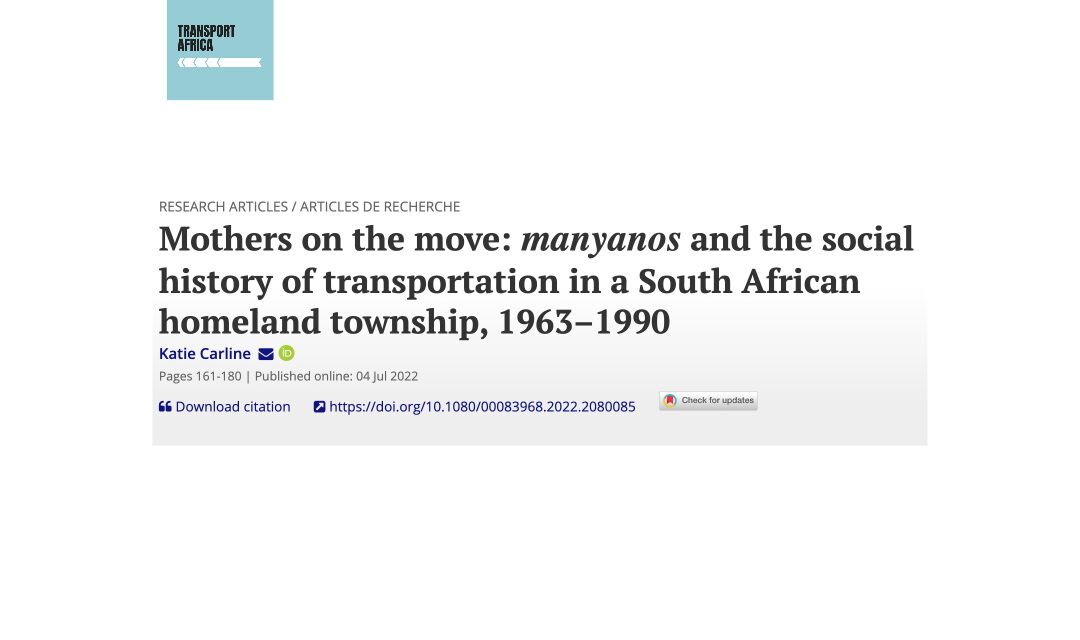
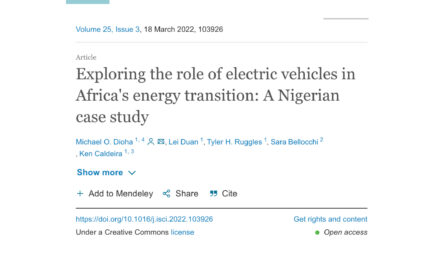
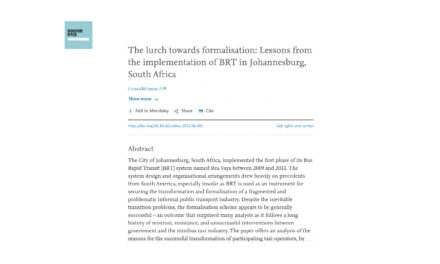
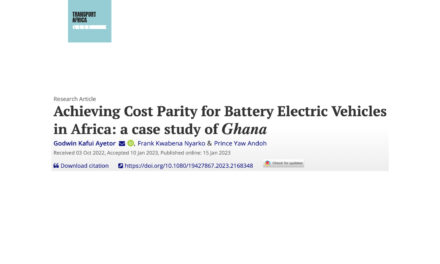
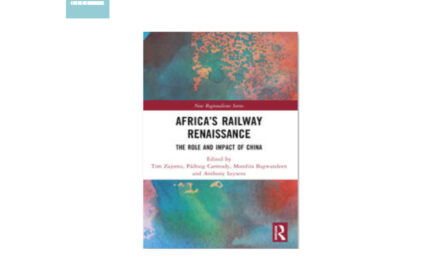
Thanks for another fantastic article. Where else may anyone get that type of information in such a perfect manner of…